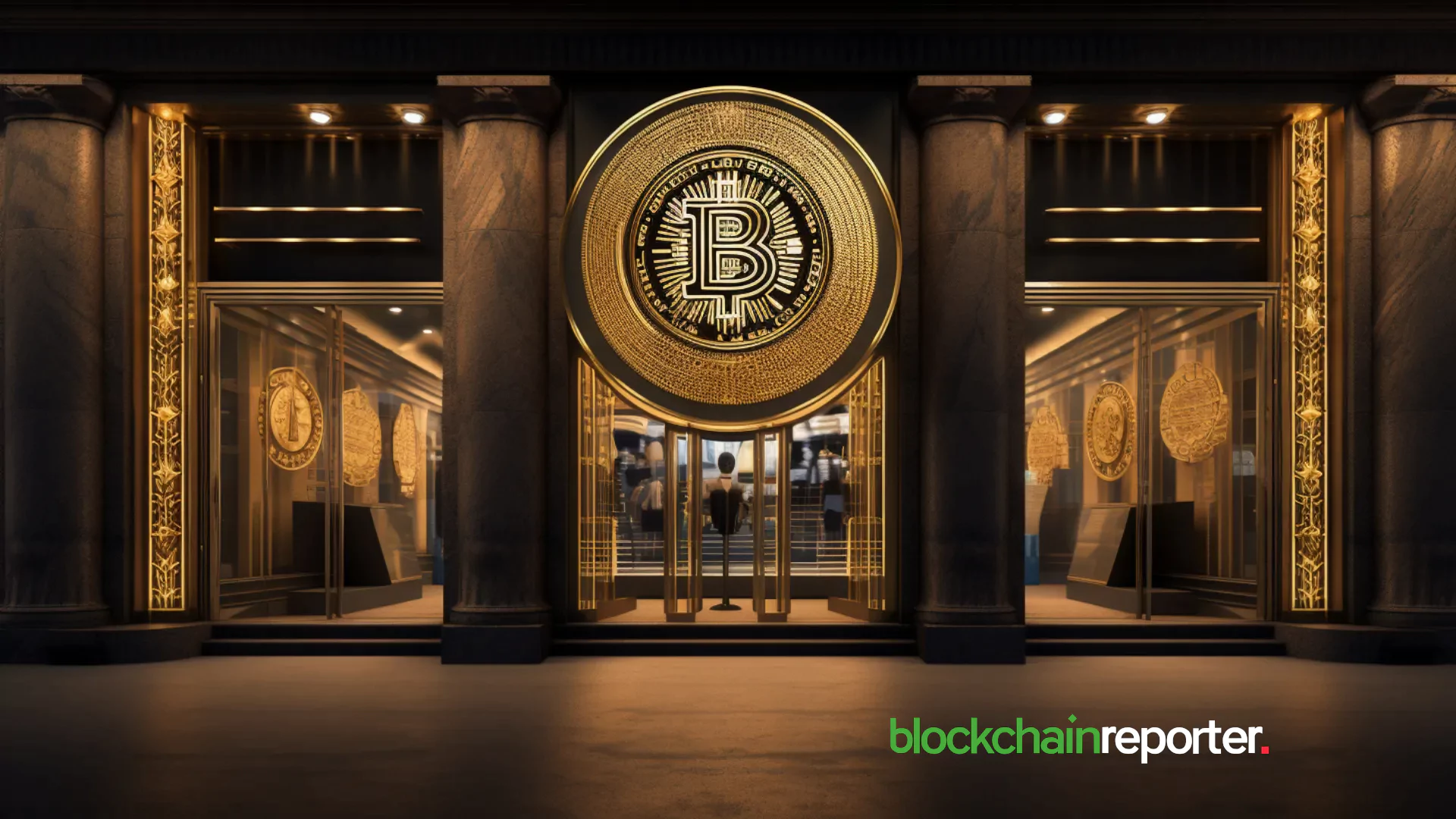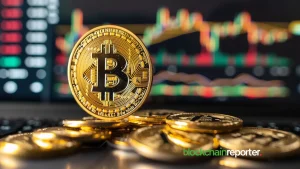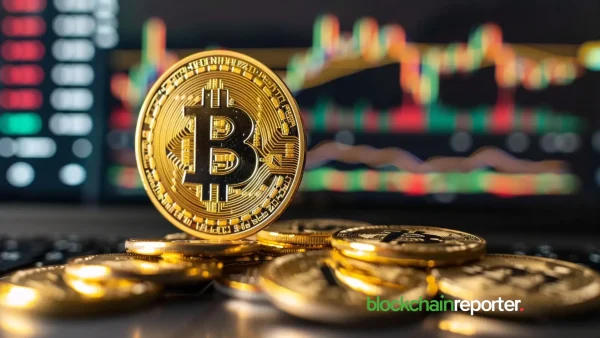
Bank of New York Mellon and Goldman Sachs have launched a new service that can allow the latter to tokenize money market funds to institutional investors. By partnering with Goldman Sachs, BNY Mellon clients will be able to invest in funds whose ownership is documented on a blockchain by Goldman Sachs. This effort is part of an overall attempt to bring blockchain technology into the mainstream financial infrastructure.
The project has been joined by several major asset managers, notably BlackRock, Fidelity Investments, Federated Hermes, and the asset management arms of both Goldman Sachs and BNY Mellon. Digitization of money market funds should increase transparency and reduce settlement time and give investors more flexibility. These funds consist traditionally of short-term products including U.S. Treasurys and commercial paper and commonly serve as a vehicle of liquidity management.
Blockchain and Increasing Efficiency
Blockchain facilitates the recording and transfer of ownership in real time, which may avoid inefficiencies in mainstream financial systems. BNY Mellon has said that it will continue to keep traditional records and also a tokenized version of assets to facilitate this conversion. This is a hybrid strategy to enable adoption without losing compatibility with the current regulatory and operational models.
A yield and security make tokenized money market funds fundamentally different from stablecoins, which are regarded as safe investment opportunities. This distinction may make them interesting to institutional players, such as pension funds and hedge funds.
Moreover, such digital tools can be employed as collateral during financial deals, which minimizes the necessity to exchange money to cash to enhance the efficiency of the operations.
Digital Asset Strategic Outlook
Goldman Sachs and BNY Mellon executives suggest that tokenized money market funds can become the foundation of a digitally connected financial ecosystem. Mathew McDermott, head of global digital assets at Goldman, says the project could become a new way to use collateral within the industry and that it could save time and capital.
The introduction coincided with the recent approval of the GENIUS Act, which favors U.S.-regulated stablecoins. Big banks like JPMorgan Chase, Citigroup, and Bank of America also venture into digital payments.









